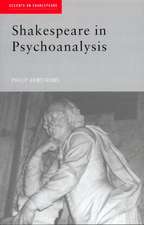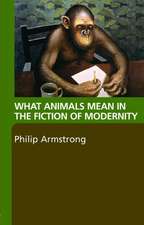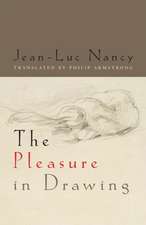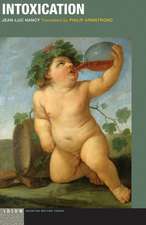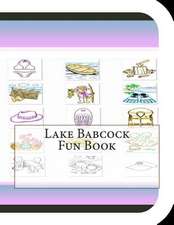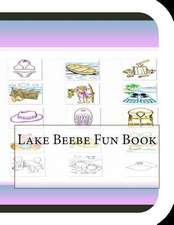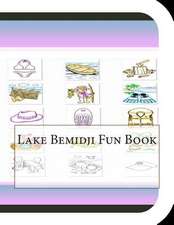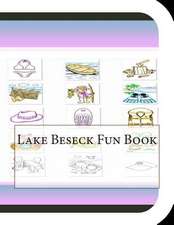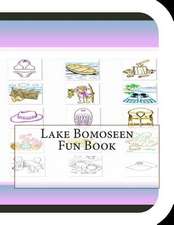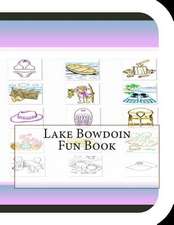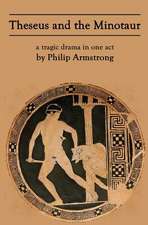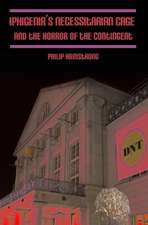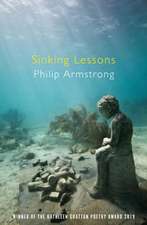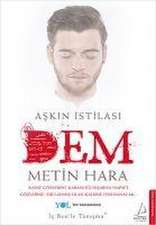Sheep: Animal
Autor Philip Armstrongen Limba Engleză Paperback – 14 mai 2016
The ancient Egyptians worshipped them, the Romans dressed them in fitted coats, and the Christians associated them with their divine savior. In Sheep, Philip Armstrong traces the natural and cultural history of both wild and domestic species of ovis, from the Old World mouflon to the corkscrew-horned flocks of the Egyptians, from the Trojan sheep of Homer’s Odyssey to the cannibal sheep of Thomas More’s Utopia, from the vast migratory mobs of Spanish merinos all the way to Dolly—the first animal we have ever cloned—and Haruki Murakami’s sheep-human hybrids.
As Armstrong shows, humans have treated sheep with awe, cruelty or disdain for many thousands of years. Our exploitation of them for milk, meat, and wool—but also for artistic and cultural purposes—has shaped both our history and theirs. Despite all that we owe them we have often dismissed sheep as the least witted and least interesting of mammals: to be accused of “sheepishness” or behaving “like a flock of sheep” is to be denigrated for lack of courage, individuality, or will. Yet, as this book demonstrates, sheep actually possess highly sophisticated social skills and emotional intelligence. Above all, Sheep demonstrates that sometimes the most mundane animals turn out to be the most surprising.
As Armstrong shows, humans have treated sheep with awe, cruelty or disdain for many thousands of years. Our exploitation of them for milk, meat, and wool—but also for artistic and cultural purposes—has shaped both our history and theirs. Despite all that we owe them we have often dismissed sheep as the least witted and least interesting of mammals: to be accused of “sheepishness” or behaving “like a flock of sheep” is to be denigrated for lack of courage, individuality, or will. Yet, as this book demonstrates, sheep actually possess highly sophisticated social skills and emotional intelligence. Above all, Sheep demonstrates that sometimes the most mundane animals turn out to be the most surprising.
Din seria Animal
-
 Preț: 89.49 lei
Preț: 89.49 lei -
 Preț: 88.29 lei
Preț: 88.29 lei -
 Preț: 89.08 lei
Preț: 89.08 lei -
 Preț: 88.71 lei
Preț: 88.71 lei -
 Preț: 89.18 lei
Preț: 89.18 lei -
 Preț: 88.71 lei
Preț: 88.71 lei -
 Preț: 87.83 lei
Preț: 87.83 lei -
 Preț: 87.66 lei
Preț: 87.66 lei -
 Preț: 94.07 lei
Preț: 94.07 lei -
 Preț: 89.55 lei
Preț: 89.55 lei -
 Preț: 89.18 lei
Preț: 89.18 lei -
 Preț: 88.71 lei
Preț: 88.71 lei -
 Preț: 90.11 lei
Preț: 90.11 lei -
 Preț: 89.55 lei
Preț: 89.55 lei -
 Preț: 73.90 lei
Preț: 73.90 lei -
 Preț: 88.71 lei
Preț: 88.71 lei -
 Preț: 88.71 lei
Preț: 88.71 lei -
 Preț: 89.18 lei
Preț: 89.18 lei -
 Preț: 89.55 lei
Preț: 89.55 lei -
 Preț: 89.00 lei
Preț: 89.00 lei -
 Preț: 75.41 lei
Preț: 75.41 lei -
 Preț: 89.55 lei
Preț: 89.55 lei -
 Preț: 89.70 lei
Preț: 89.70 lei - 7%
 Preț: 88.37 lei
Preț: 88.37 lei -
 Preț: 88.29 lei
Preț: 88.29 lei -
 Preț: 88.71 lei
Preț: 88.71 lei -
 Preț: 90.06 lei
Preț: 90.06 lei -
 Preț: 89.18 lei
Preț: 89.18 lei -
 Preț: 89.18 lei
Preț: 89.18 lei -
 Preț: 89.34 lei
Preț: 89.34 lei -
 Preț: 89.18 lei
Preț: 89.18 lei -
 Preț: 87.66 lei
Preț: 87.66 lei -
 Preț: 95.22 lei
Preț: 95.22 lei -
 Preț: 89.00 lei
Preț: 89.00 lei -
 Preț: 88.29 lei
Preț: 88.29 lei -
 Preț: 89.08 lei
Preț: 89.08 lei -
 Preț: 89.63 lei
Preț: 89.63 lei -
 Preț: 89.18 lei
Preț: 89.18 lei -
 Preț: 87.66 lei
Preț: 87.66 lei -
 Preț: 87.74 lei
Preț: 87.74 lei -
 Preț: 88.71 lei
Preț: 88.71 lei -
 Preț: 94.07 lei
Preț: 94.07 lei -
 Preț: 88.71 lei
Preț: 88.71 lei - 7%
 Preț: 95.93 lei
Preț: 95.93 lei -
 Preț: 88.29 lei
Preț: 88.29 lei -
 Preț: 95.76 lei
Preț: 95.76 lei -
 Preț: 89.00 lei
Preț: 89.00 lei -
 Preț: 89.18 lei
Preț: 89.18 lei -
 Preț: 88.71 lei
Preț: 88.71 lei
Preț: 88.29 lei
Nou
Puncte Express: 132
Preț estimativ în valută:
16.90€ • 17.57$ • 13.95£
16.90€ • 17.57$ • 13.95£
Carte disponibilă
Livrare economică 24-31 martie
Livrare express 07-13 martie pentru 23.59 lei
Preluare comenzi: 021 569.72.76
Specificații
ISBN-13: 9781780235936
ISBN-10: 1780235933
Pagini: 208
Ilustrații: 70 color plates, 30 halftones
Dimensiuni: 121 x 171 x 18 mm
Greutate: 0.32 kg
Editura: REAKTION BOOKS
Colecția Reaktion Books
Seria Animal
ISBN-10: 1780235933
Pagini: 208
Ilustrații: 70 color plates, 30 halftones
Dimensiuni: 121 x 171 x 18 mm
Greutate: 0.32 kg
Editura: REAKTION BOOKS
Colecția Reaktion Books
Seria Animal
Notă biografică
Philip Armstrong is associate professor of English at Canterbury University in New Zealand and codirector of the New Zealand Centre for Human-Animal Studies. His books include What Animals Mean.
Cuprins
1 Sheepishness
2 How Sheep Became
3 Ancient Yarns
4 A Sheep-shaped World
5 Little Lamb, Who Made Thee?
6 Sheepliness
Timeline
References
Select Bibliography
Associations and Websites
Acknowledgements
Photo Acknowledgements
Index
2 How Sheep Became
3 Ancient Yarns
4 A Sheep-shaped World
5 Little Lamb, Who Made Thee?
6 Sheepliness
Timeline
References
Select Bibliography
Associations and Websites
Acknowledgements
Photo Acknowledgements
Index
Recenzii
“In Sheep, a superb volume that more than meets the high bar set in the Reaktion Books Animal Series, scholar Philip Armstrong notes that ‘no other domestic animal fades from view, even as we use it, quite as completely as the sheep’—before setting this situation to rights. In six chapters with titles such as ‘Sheepishness’ and ‘A Sheep-shaped World,’ each graced with gorgeous illustrations in natural and cultural history ranging from ‘The exuberantly polycerate Jacob Sheep’ that can have up to six horns to ‘Don Quixote’s ovine delusion,’ Armstrong produces a sheep manifesto that’s both delightful and disturbing.”

